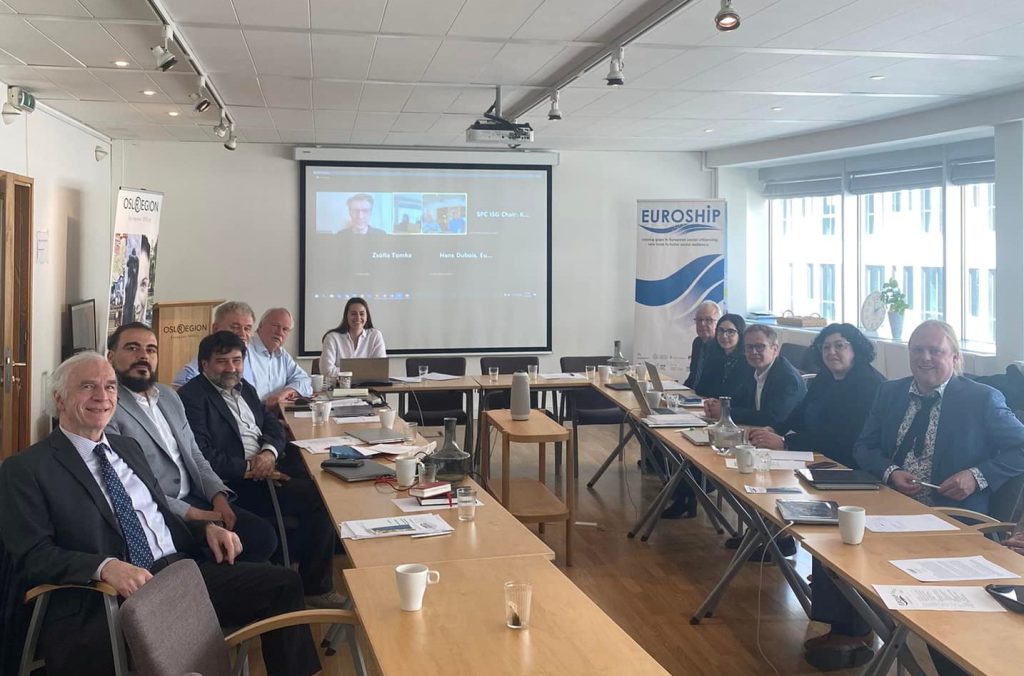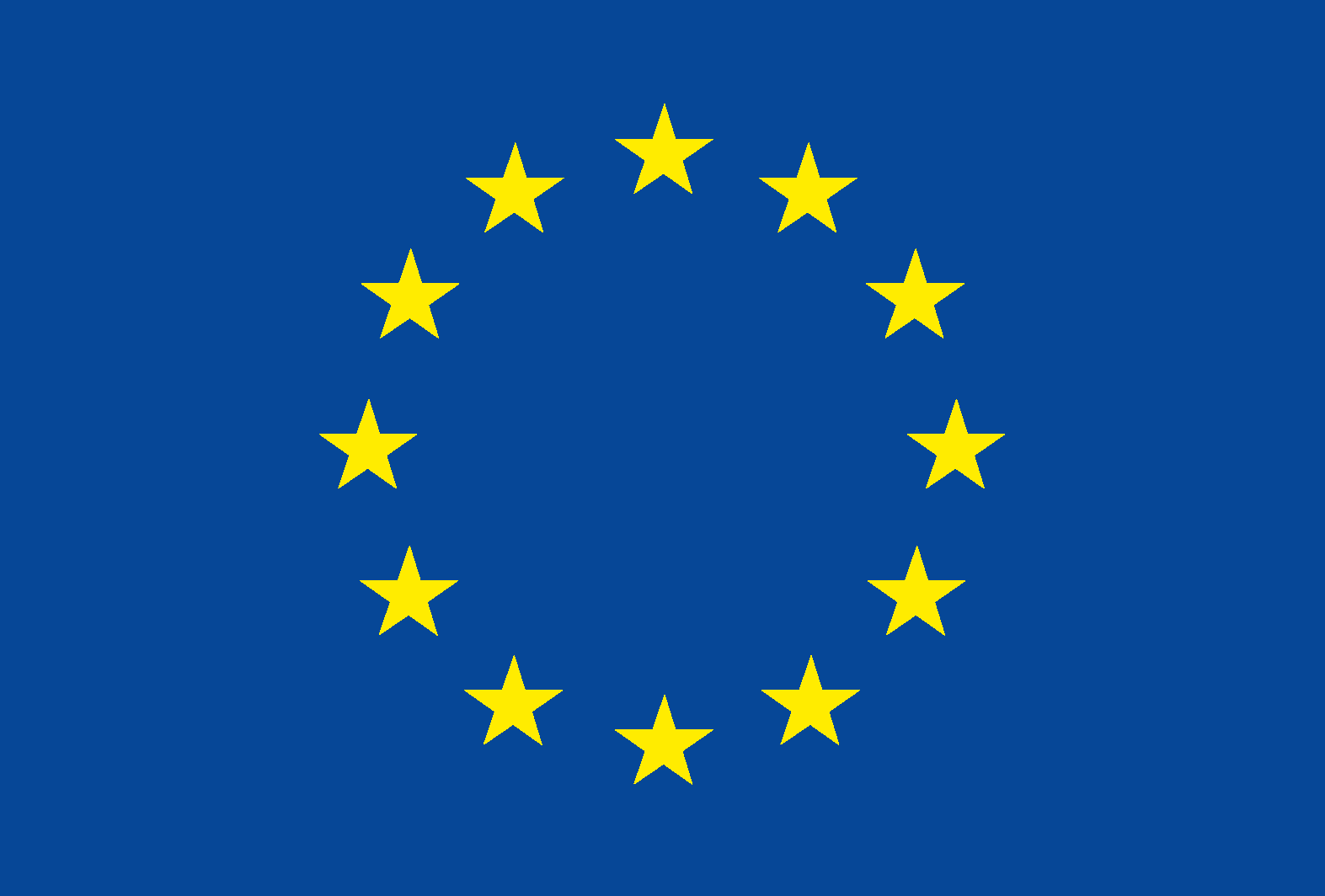On Thursday the 28th of April, EUROSHIP’s Social Indicator Workshop was held in Brussels at the Oslo Region European Office and virtually. The workshop was part of Work Package 3, which aims to map the information gaps in social citizenship with an emphasis on the diversity and needs for new indicators. The aim of the workshop was to critically review and evaluate the preliminary conclusions and open questions of the EUROSHIP consortium researchers on the current challenges of dashboard indicators, composite indicators and new indicators for social citizenship. Participants were asked to present and discuss their valuable perspectives on the previously published EUROSHIP Work Package 3 Deliverables 3.1 (State-of-the-art review of indicators and data on poverty and social exclusion) and 3.2 (Diversity and change in citizenship: mapping poverty in Europe), as well as open questions shared in the workshop’s concept paper.

Workshop participants included Heinz-Herbert Noll, the former Director of the Social Indicators Research Center at the GESIS Leibniz Institute for Social Sciences, Pierre Vigier, Adviser on Research and Innovation to the European Commission and former Head of the Economic Analysis Unit and EU 2020 Strategy at DG Research, Rense Nieuwenhuis, Associate Professor in Sociology at the Swedish Institute for Social Research (SOFI), Hans Dubois, Research Manager in the Social Policies Unit at Eurofound, and Kristoffer Lundberg, Chair of the Indicators’ Sub-group of the Social Protection Committee of the European Commission. Also in attendance were EUROSHIP consortium members Rune Halvorsen, Mi Ah Schøyen and Kaarina Ritson from OsloMet, István György Tóth, András Gábos and Zsófia Tomka from Tárki (the latter two virtually), Federico Ciani and Mario Biggeri from the University of Florence, Viola Shahini and Angelo Vito Panaro from the University of Milan, Laura de Bonfils from Social Platform, and Jerome Bickenbach and Clara MacNaughton from Swiss Paraplegic Research.
Rune Halvorsen and Laura de Bonfils started off the meeting by presenting the current standing of the EUROSHIP project. Three sessions were held, each starting with a presentation of one of the three current challenges by a EUROSHIP consortium researcher, followed by a prepared discussion from an invited participant, and closed with an open discussion on the way forward towards an implementation plan. The discussions brought many suggestions and new perspectives to the EUROSHIP researchers in the EUROSHIP consortium, which will inform the recommendations and implementation plan for indicator development and data improvement in Europe.

